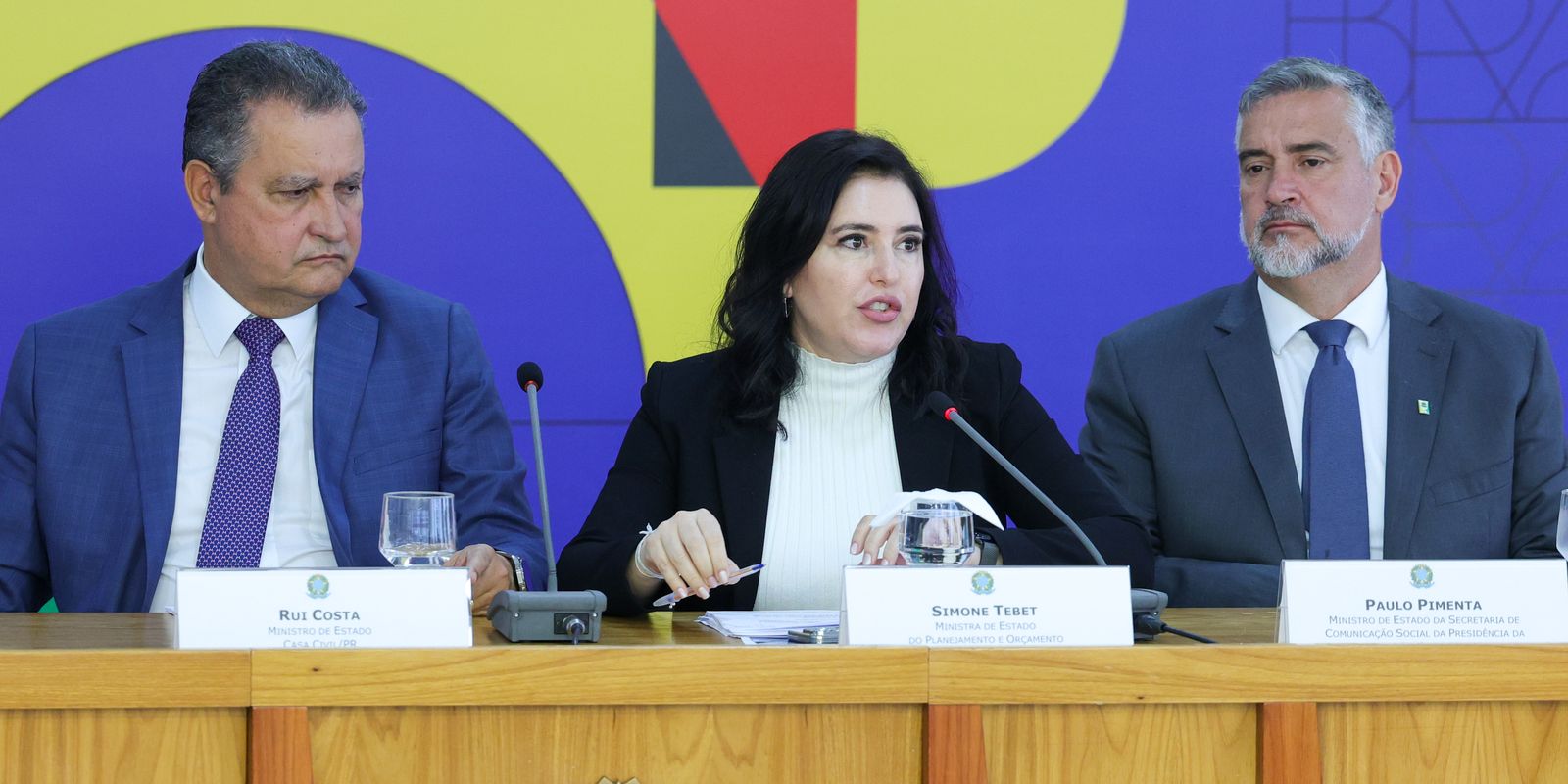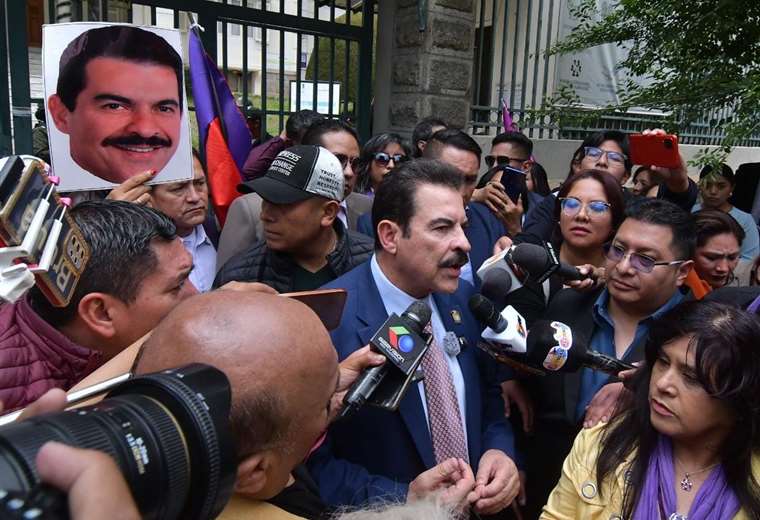Any changes to health and education spending floors would bring little savings and increase the political cost of approving the bill. mandatory expense cutting packageexplained this Thursday (28) the Minister of Planning and Budget, Simone Tebet. She denied the strain within the government in preparing and announcing the package and said that the proposals had consensus within the ministries.
“This was the consensus fiscal adjustment. We debated it several times”, said the minister. “It wasn’t the minister [da Casa Civil] Rui Costa who asked to remove education from the package. Me and [a ministra da Gestão e Inovação em Serviços Públicos] Esther Dweck we did the math on paper. Although in theory and legislation, education is not in the framework, in practice it is already [submetida aos limites de crescimento]. If we put it within the rules, the fiscal impact would be zero”, he explained.
In relation to the health floor, the minister explained, changes to the floor would bring savings of just R$4 billion to R$5 billion in the coming years. “As the population is aging and we will need more resources for health in the future, it would be an inefficient adjustment,” he declared.
Tebet highlighted that the inclusion of the two measures would have a high political cost and would complicate the approval of the rest of the fiscal package. “Based on our experience in the National Congress, Esther as a technician and I as a senator, why are we going to include education and health in the framework, creating a noise with teachers, mayors and the National Congress itself, if the fiscal impact will be zero [no caso da educação]? Health has a minimum difference that would result in savings of R$4 billion to R$5 billion over the course of every year”, asked the minister.
The fiscal framework changed the rules for health and education floors, by replacing the previous limits of the old spending ceiling and with a percentage of government revenue. Last year, the government managed to approve a change in the interpretation of the law in Congress to avoid a R$21 billion hole in the health floorbut expenditure on the floor has stabilized as of this year. In June last year, the Minister of Finance, Fernando Haddad said he would propose changes to the format of the two floors.
Possible adjustment
The minister said that the measures represent what can be achieved and said she was satisfied with the final format of the package. “I am satisfied because it is the fiscal adjustment possible, in the technical aspect, in the aspect of the Ministry of Planning and Budget, and in the political aspect, because we have to think that it has to go through the National Congress”, she said.
Tebet stated that he understands the decision to include, in parallel with the package, the sending of income tax. “We are dealing with the downstairs, but we also have to deal with the upstairs. Hence we understand the government’s political decision to present the income tax reform now, not in January or February,” he explained.
Regarding the reaction of the financial market, the minister said that the current situation will continue to be complicated, but replied that the government is doing its part by making “Brazil fit within the public budget”.
“We know the impact it has if we spend more than we earn. We are talking about high future interest rates, high exchange rates, inflation eating up the Brazilian worker’s minimum wage, but we know that the Brazilian Budget needs to be efficient”, he said.















